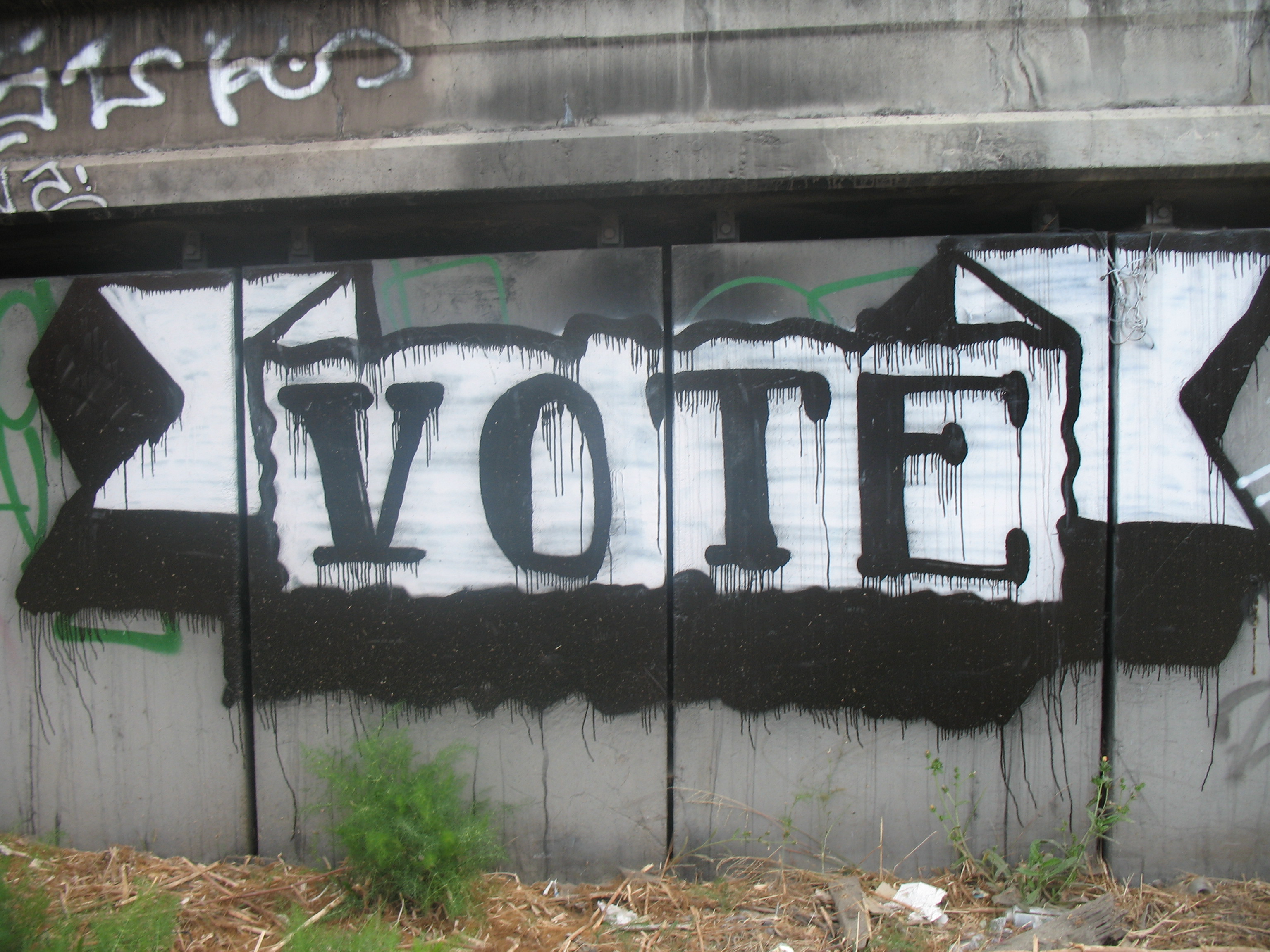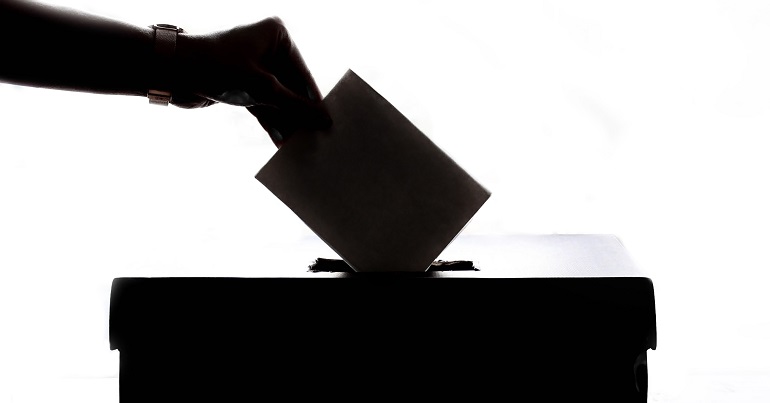Votes at 16, Von Trapps and Viable Electoral Reform

“I am 16 going on 17… I know that I’m naive”; a classic quote from Liesel Von Trapp of ‘The Sound of Music’ stardom. A quote not least doused in internalised ageism, a concept that many still refer to today in their arguments against the right of democracy for 16 and 17 year olds.
Naive, irresponsible, apathetic, uniformed; all adjectives used to generalise an age group as unsuitable participants in our voting system.
Now, as a wise and enlightened 18 year old (enough so to be allowed a vote), I feel that there are and will be irresponsible and ignorant people in all age groups. This should not mean that the rest of the group should have disenfranchisement forced upon them because of the disinterest of a few. This mentality creates its own disinterest by exclusion.
I pose the rhetorical question: how can you possibly blame 16 year olds for feeling apathetic about a political system that does not value their democracy? By allowing the option to become active in decisions about their future, apathy is more likely to evolve into curiosity with regards to how young people approach political engagement. According to a BBC study in 2014, the longer young people are denied involvement in politics, the less likely the chances are of them engaging at all in the future.
This government needs to make up its mind in regards to how adult they classify 16 year olds as. A smaller minimum wage but adult train ticket prices? Permitted to leave school but uneducated? Join the army, have sex, get married and still no vote? No contribution to decisions that influence the rest of their lives? Nonsensical, I say.
It was in 2002 that citizenship became a compulsory subject in the English National Curriculum. Wales follow a similar pattern in their study of ‘global citizenship’ as part of the Welsh Baccalaureate, ‘Education for citizenship’ can be found in the Scotland paper and Northern Ireland follow a ‘local and global citizenship strand’ at key stage three level. 16 is unarguably a transitional stage in anyone’s life, and going from intense compulsory academic study of what voting entails allows intellectual and informed decisions to be made based on fact and self education.
It could be argued that these young people are equally as informed some adults today who were schooled before this change in curriculum took place. I understand that some may argue that PSHE citizenship is not fit for purpose in the intensity of its education regarding voting and democracy. However, I believe that if this is the case, it is a governmental fault in the curriculum that needs to be corrected, certainly not something that should authorise the exclusion of young people from the democratic process. I’d contend that what is actually dangerous is when individuals base their decisions on biased, poorly regulated media for which financial compensation and hierarchal classist structures form the basis of the information that they choose to provide.
Scotland allowing 16 and 17 year olds to vote in local elections has proven hugely successful with more than 100,000 people in this age bracket voting in the 2014 Scottish referendum. Discussion of local electoral reform in Wales has risen to prominence in recent days. On July 18th Mark Drakeford AM, Cabinet Secretary for local Welsh government said:
“Today I’m announcing a Bill and a wholesale package of reforms that will change the way councils work and the way they are elected. We want to make it easier to vote and easier to be entitled to vote, there’s no reason why 16 and 17 year olds can marry, pay taxes and join the army but can’t vote in our elections.”
It may be that a wind of change is at last blowing across the nation, as on the same day, Jim McMahon, (MP for Oldham West & Royton and shadow Minister for Local Government Devolution & Finance), met with the British Youth Council to discuss getting votes at 16 through as a Private Members Bill.
This would allow a real chance for change in not only how democracy views young people, but how young people view themselves in the making of decisions and the importance of becoming politically involved. Viva la revolución…please allow young people their right to democracy.
@LeilasLounge




Leave a Reply